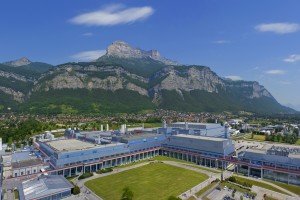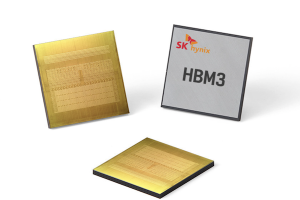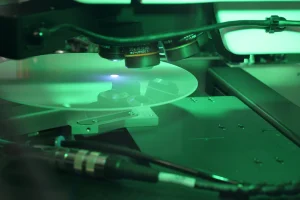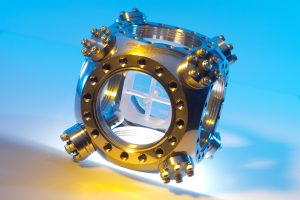 Graphcore has launched its Academic Programme, extending the company’s commitment to supporting universities and other institutions exploring new applications and approaches to artificial intelligence.
Graphcore has launched its Academic Programme, extending the company’s commitment to supporting universities and other institutions exploring new applications and approaches to artificial intelligence.
The Graphcore Academic Programme is aimed at researchers, principal investigators, professors, Masters and PhD students, and PostDocs around the world who wish to use Graphcore systems in their research or teaching.
Participants will receive free access to IPU compute systems, comprising 16x Mk1 GC2 IPUs on 8x C2 PCIe cards, inside a Dell DSS8440 server.
Other benefits of the programme include support and regular check-ins from Graphcore’s in-house researchers and engineers. Graphcore may also offer support with grant applications and funding proposals.
More details on the Graphcore Academic Programme and information on how to apply can be found at graphcore.ai/academic.
Graphcore is prioritising access to projects and proposals that fall into the following areas. However, the company will also consider proposals that include innovative applications of the IPU:
● Sparse training ● Conditional sparse computation ● Optimisation of stochastic learning ● New efficient models for deep learning and graph networks ● Small graph networks ● New directions for parallel training ● Local parallelism ● Multi-model trainingAnnouncing the launch of the Graphcore Academic Programme, Victoria Rege, Director of Alliances and Strategic Partnerships said: “The purpose of Graphcore is to let innovators create the next breakthroughs in machine intelligence. By materially supporting Researchers and Principal Investigators at the cutting-edge of innovation, we can together accelerate the progress of artificial intelligence and the many benefits that it will unlock for humanity.”
Already, prior to the launch of the Graphcore Academic Programme, researchers working on IPUs have demonstrated a range of breakthrough applications, as well as dramatically accelerating compute workloads when compared to legacy processor systems, such as GPUs and CPUs.
Researchers from the University of Berkeley along with members of Google Research’s Brain Team published research, based on their work with the Graphcore IPU, examining approaches to performance and efficiency in the training of deep neural networks.
“The work we did with Graphcore on parallel training of deep networks with local updates illustrates how the IPU’s radically different processor architecture can help enable new approaches to distributed computation and the training of ever-larger models. It is indicative of how Graphcore’s technology does not just deliver quantitatively better performance, against measures such as throughput and latency. The technology is also opening up fundamentally new approaches to the computational challenges that could otherwise hinder the progress of AI,” said Professor Pieter Abbeel, UC Berkeley. ArXiv: Parallel Training of deep neural networks with local updates
At Imperial College London, Professor of Computer Vision, Andrew Davison’s team has been using Graphcore’s IPU to solve some of the challenges associated with computers visually interpreting the world around them. Their work demonstrates how Gaussian Belief Propagation can be used on the IPU to solve the classical computer vision problem of bundle adjustment.
“Having led one of the first academic teams to conduct and publish research based on the Graphcore IPU, this is a technology that brings both quantitative and qualitative benefits. We saw the IPU outperforming legacy chip architectures in our computer vision work, but also expanding our understanding of what was computationally possible in this field,” said Andrew Davison, Professor of Robot Vision at Imperial College London. [arXiv: Bundle Adjustment on a Graph Processor]
Researchers at the University of Bristol used the Graphcore IPU to develop new techniques for managing experimental data from the Large Hadron Collider at CERN.
“Our work examined the applicability of Graphcore’s IPU to several computational problems found in particle physics and critical to our research on the LHCb experiment at CERN. The capabilities and performance gains that we demonstrated showed the versatility of the IPU’s unique architecture. Moreover, the support that we received from Graphcore has been critical, and remains so, in our ongoing programme of exploring the power of IPUs for processing particle physics’ vast and rapidly increasing datasets,” said Jonas Rademacker, Professor of Physics at the University of Bristol. ArXiv: Studying the potential of Graphcore IPUs for applications in Particle Physics
 Electronics Weekly Electronics Design & Components Tech News
Electronics Weekly Electronics Design & Components Tech News



